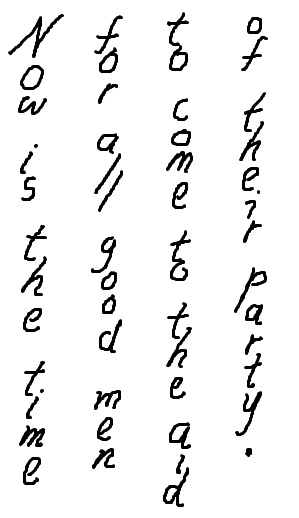“Eternity is a long time,” she said, “you need to let her go.”
He looked down at the grave. “But she was here, she was real. I remember everything.”
“Yes, she was real, and you still are. And so am I. Come on, let’s go. This is no place for the living. You’ll catch a cold standing out here. You’re not looking out for yourself.”
He hesitated. “It’s just that I can’t stop thinking about her ghost. I guess you could say that I’m haunted by it.”
She thought about that. “I’ve had my own ghosts. And demons too. We all have. You just learn to live with them. We can’t get rid of them, but if we go about our lives as if they are not there, eventually they get tired and leave us alone.”
He shook his head. “You don’t understand. I come here on purpose. Not to see her grave, but to see her ghost.”
She paused at this, and looked at him appraisingly. “I guess there are all kinds of relationships. How long have you been seeing her ghost.”
He shook his head. “No, that’s just it. What haunts me is that I’ve never seen it.”
